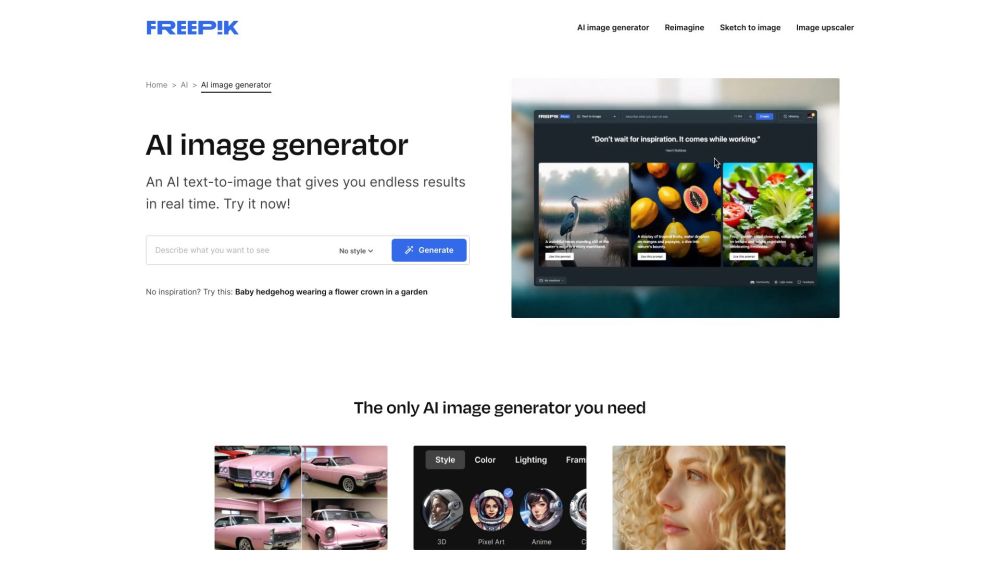Nvidia's New GPU Series Sparks a Wave of Entertainment Announcements at CES
Most people like

Effy.ai is a cutting-edge performance management software designed to enhance organizational growth through effective feedback, comprehensive reviews, and strategic development plans. With its user-friendly interface, Effy.ai empowers teams to achieve their full potential while fostering a culture of continuous improvement.

Are you tired of spending hours making flashcards that don’t stick? Imagine being able to create engaging and effective flashcards in a fraction of the time. With our innovative techniques, you can boost your study efficiency and retain information better. Dive in and discover how to revolutionize your learning experience by creating flashcards 10 times faster than before!

In an era where technology continues to redefine creativity, an AI music generator that transforms text into musical compositions is revolutionizing the music industry. This innovative tool allows users to convert written ideas, stories, or emotions into original melodies, bridging the gap between language and sound. Whether you're a seasoned musician or a budding creator, this AI-driven technology opens up exciting new avenues for artistic expression. Discover how this powerful AI music generator can inspire your creativity, streamline your workflow, and enhance your musical projects.

In today's digital landscape, the power of a real-time AI image generator stands out as a revolutionary tool for artists, designers, and anyone looking to create stunning visuals effortlessly. Leveraging advanced algorithms and machine learning, these innovative applications can produce high-quality images in an instant, transforming ideas into visual masterpieces. Whether for professional projects or personal endeavors, real-time AI image generation opens the door to a world of limitless creativity and inspiration.
Find AI tools in YBX



